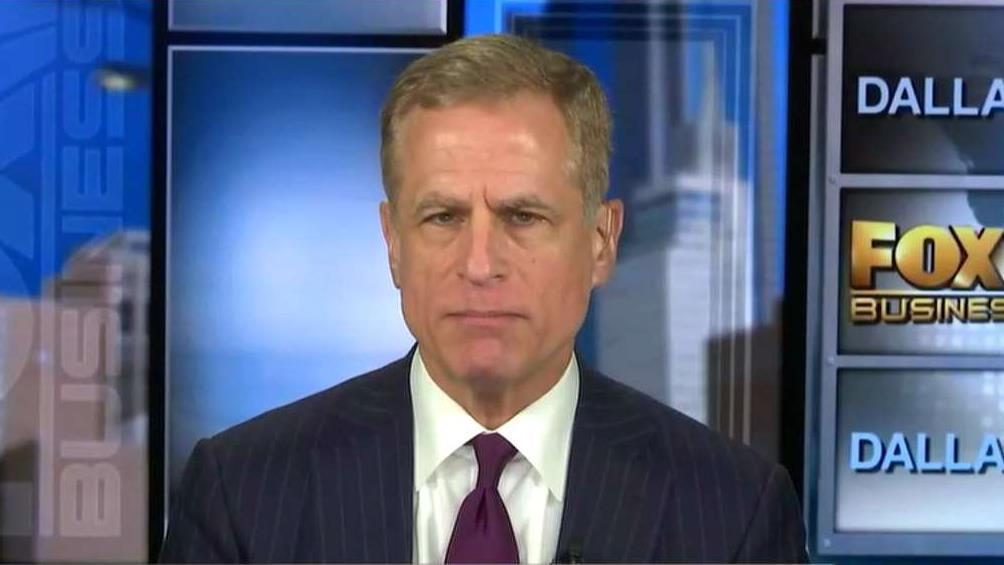Fed's Clarida says inflation appears contained despite robust economic growth
A recent rise in businesses' output per hour may help explain why a strong economy hasn't fueled more inflation this year, Federal Reserve Vice Chairman Richard Clarida said Tuesday.
The sustainability of recent gains in productivity growth, which had been anemic in recent years, could have important implications for U.S. monetary policy, Mr. Clarida said in remarks prepared for delivery at a banking regulation conference in New York.
Productivity growth could "explain why inflation is running at or close to the Federal Reserve's long-run objective of 2%, and not well above it, when growth is strong and the labor market is robust," he said.
Both output per hour and hours worked have increased faster this year than estimates of their long-run growth rates, he said. The result is that while growth in demand for goods and services across the economy has exceeded the estimates of the economy's capacity to produce these goods and services, demand hasn't exceeded supply, he said.
Whether such growth can be sustained bears watching, Mr. Clarida added. He pointed to a recent drop during the third quarter in the pace of business investment.
"One data point does not make a trend, but an improvement in business investment will be important if the pickup in productivity growth that we have seen in recent quarters can be sustained," he said.
Mr. Clarida didn't elaborate in his prepared remarks on recent market volatility and other changes to the economic outlook that have weighed on investors over the past two weeks.
He described U.S. economic fundamentals as robust, and the labor market as healthy.
But he flagged a possible soft spot in inflation. Market-based inflation readings suggest inflation as measured by the Fed's preferred gauge "is running at somewhat less than 2%." The Fed targets 2% inflation as a sign of healthy demand in the economy.
Because the economy is expanding solidly during a period when inflation has been holding at the Fed's 2% target, Mr. Clarida said the central bank would need to be particularly attentive to shifts signaled by incoming data as it continues to gradually raise interest rates to keep the economy on an even keel.
"Raising rates too quickly could unnecessarily shorten the economic expansion, while moving too slowly could result in rising inflation and inflation expectations down the road that could be costly to reverse, as well as potentially pose financial stability risks," Mr. Clarida said.




















